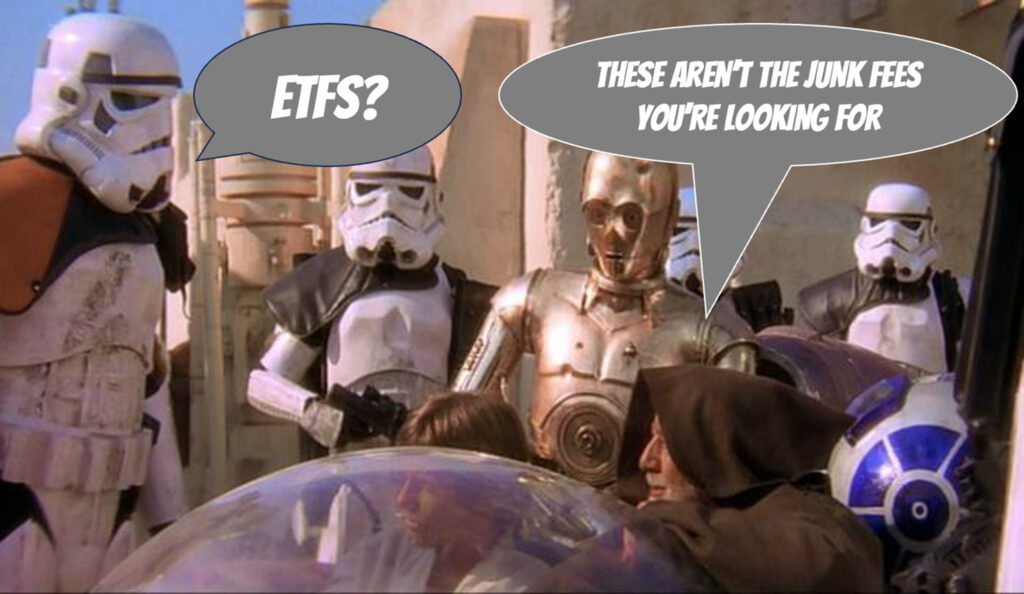Cable and satellite companies often get a bad rap for early termination fees (ETFs). Consumer advocates portray them as “junk fees” or billing traps meant to cheat customers. And the Federal Communications Commission (FCC) appears to accept these allegations at face value, characterizing ETFs as “junk fee billing practices … that penalize subscribers for terminating video service or switching video service providers.”
In recent comments to the FCC, the International Center for Law & Economics (ICLE) argues that the economics behind ETFs tell a different story, one in which both consumers and providers typically benefit.
ETFs are a longstanding practice and are fairly ubiquitous in modern life. One of the first recorded ETFs can be found in a 2,200-year-old rental agreement from the Greek city of Teos in what is now modern-day Turkey. The agreement specified a steep penalty for a tenant backing out:
If the tenant does not ratify the contract on the day on which he is chosen or on the following day, we shall choose another tenant, and if the bid price is less, he shall owe ten times the difference to the lessors.
Today, ETFs in some form or another apply to a wide range of services, including mortgage loans, gym memberships, hotel reservations, and doctor’s appointments. Cable and satellite subscriptions are no exceptions. That’s because ETFs play a crucial role across the economy. They allow companies to plan effectively by offering discounts or lower rates in exchange for a customer’s commitment to stick around for the length of an agreement.
In most cases, consumers have a choice of entering an agreement with an ETF or without one. This is especially true in the cable and direct broadcast satellite (DBS) industries. In written testimony to the FCC, the NCTA (formerly known as the National Cable & Telecommunications Association) reported that cable plans with ETFs are “always optional.” DirecTV testified that its DBS customers have a choice of plans, either with or without an ETF.
Many customers opt for contracts with an ETF provision, largely because such agreements offer lower prices over the term of the contract, and because these customers expect to stick with the contract for the entire term. In 2020, New America and the Open Technology Institute calculated that the monthly cost of plans with ETFs were about $17 less than those without an ETF. NCTA testified that “the amount many providers charge for ETFs is significantly less than the discount the customer is provided for agreeing to a term contract.”
ETF critics tend to counter that far too many people fall prey to confusing terms or fail to read the fine print. For example, one provider briefly made national headlines for charging an ETF to a 102-year-old woman who died in the middle of her contract (although the provider quickly apologized and waived the fee). This year, new FCC transparency rules go into effect—what Chair Jessica Rosenworcel calls “nutrition labels”—that should help to eliminate those surprises going forward.
Even so, in many cases, customers are fully aware of the ETF when they enter the agreement. They just don’t want to pay it if they break their contract. One consumer testified to the FCC, “I knew when I signed up for cellular service with Verizon that I was obligated to agree to the early termination fee” but “tried to dispute or reverse the charges.”
Outlawing ETFs altogether could backfire for consumers. Companies depend on long-term commitments and the reduced turnover that ETFs encourage in order to make investment decisions that allow them to keep rates low overall. Banning ETFs will likely lead to higher prices for those consumers who benefit from contracts with the provision.
In essence, ETFs allow cable companies to offer discounts to keep otherwise fickle customers subscribed. Customers gain by committing to a subscription for a minimum term. Ban the fees, and the savings may also disappear.
That’s because there’s a real cost to customer turnover, or churn. In its latest quarterly report to the U.S. Securities and Exchange Commission, Dish Network reported that it incurs “subscriber-acquisition costs of $1,065 per new DISH TV subscriber.” The company also reported that it incurs “significant” costs to retain existing subscribers. These retention costs include upgrading and installing equipment, as well as free programming, and promotional pricing “in exchange for a contractual commitment to receive service for a minimum term.”
If consumers can switch providers willy-nilly, these subscriber acquisition and retention costs will skyrocket, with little opportunity to ameliorate these costs via ETFs. Thus, for cable and DBS companies, ETFs help ensure a reliable revenue stream to justify keeping rates low. For many customers, ETF provisions provide discounts that outweigh the future risk of incurring the fee.
Early-termination fees let cable providers and subscribers strike a mutually beneficial bargain into which consumers voluntarily choose to enter. Viewed through an economic lens, ETFs look less like traps and more like tools to improve consumer and provider wellbeing. Thus, for consumers who oppose ETFs, rather than a federally imposed ban on the practice, the best solution is the simplest: Choose a contract without an ETF.

